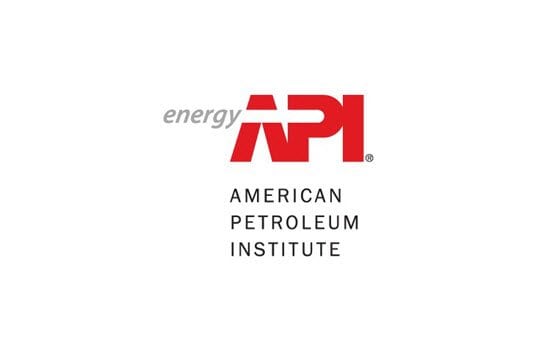The American Petroleum Institute (API) was disappointed with the U.S. Court of Appeals District of Columbia Circuit’s decision not to uphold the Environmental Protection Agency’s (EPA) authority to exercise its waiver to lower the Renewable Fuel Standard (RFS) volume obligations for 2014 – 2016.
“EPA’s waiver was necessary to protect consumers from an outdated mandate that attempts to force the use of ethanol beyond the limits that the vehicle fleet and refueling infrastructure were designed to handle,” said API Downstream Group Director Frank Macchiarola.
“Today’s decision reaffirms the need for Congress to revisit and significantly reform the broken RFS program. The outdated goals of the ethanol mandate have led to implementation challenges for EPA and the refining industry.”
When the RFS mandate was revised in 2007, fuel imports and costs were on the rise, making the mandated use of corn-based ethanol seem like a viable option to lower both while reducing emissions. In the last few years, petroleum consumption derived from imports reached its lowest level since 1970. America has transitioned from a net importer of refined petroleum products to a net exporter. Today, we are the world’s largest producer and refiner of oil and natural gas and we are leading the world in reducing carbon and other emissions. We need to reform outdated energy policies to reflect the energy realities of today and tomorrow.
“API had supported EPA basing its waiver on the broader negative economic consequences of the mandate, and as EPA considers implementing a revised and retroactive standard for 2014 – 2016, we will encourage EPA to reconsider this option,” said Macchiarola.
API is the only national trade association representing all facets of the oil and natural gas industry, which supports 9.8 million U.S. jobs and 8% of the U.S. economy.









